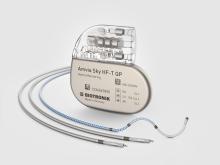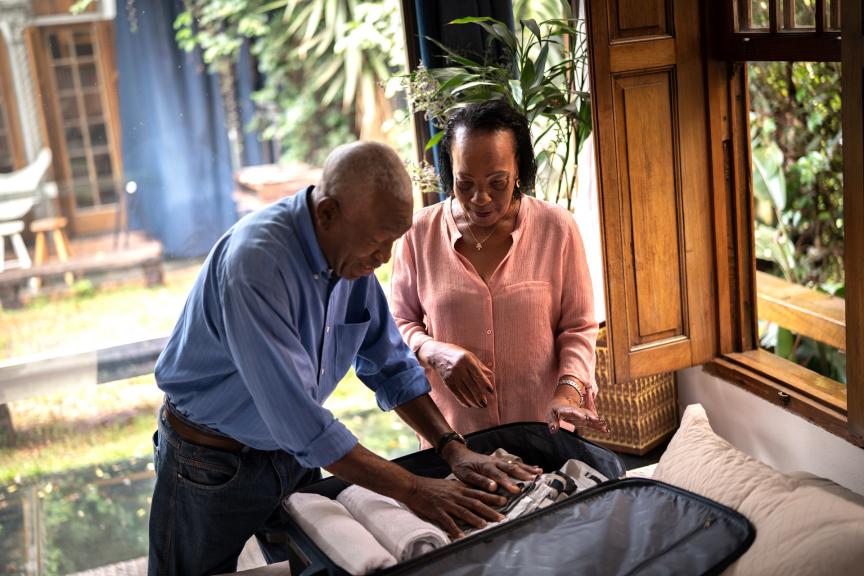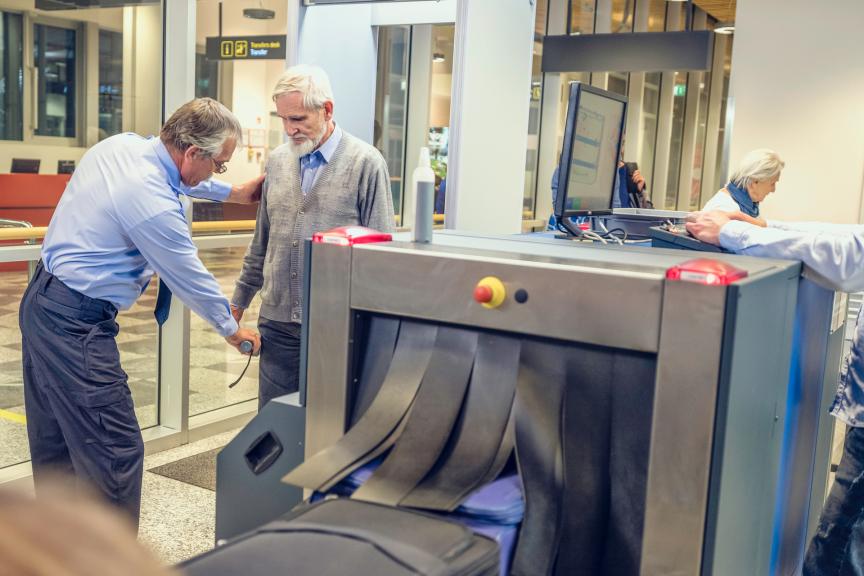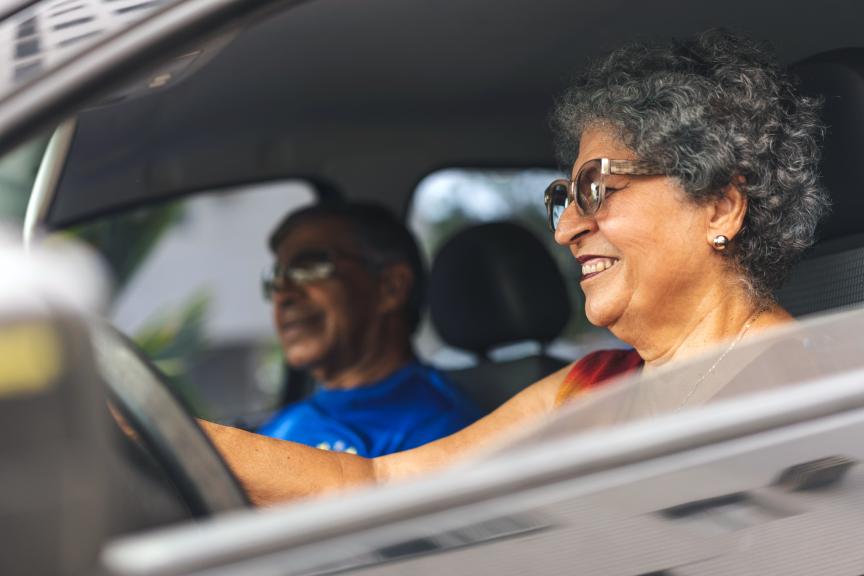Selecting Your Travel Destination
Hot, humid and tropical climates put additional stress on the heart and blood vessels of patients with cardiovascular disease. Also, the heart needs more oxygen-rich blood at higher altitudes, even at rest, requiring the heart to pump harder. If you have high blood pressure, coronary artery disease or cardiac arrhythmia, you should therefore opt for destinations at lower altitudes in regions with milder climates. When choosing where to go, also consider the availability and quality of local healthcare.
Which Travel Activities are Okay?
Patients with pacemakers and implanted defibrillators have few limitations on travel activities because of their device. An exception to that rule is scuba diving, which mostly is limited because of the device. In general, though, you should talk to your physician because your underlying heart disease or arrhythmia may well limit potential travel activities, such as hiking, skiing or cycling at high altitudes.
Consult Your Physician
Before you travel, consult with your doctor about if you are medically fit to travel, and in which situations you should go to a hospital. Your physician can also provide information on hospitals at your travel destination that have experience with BIOTRONIK implants and can carry out tests if necessary.






